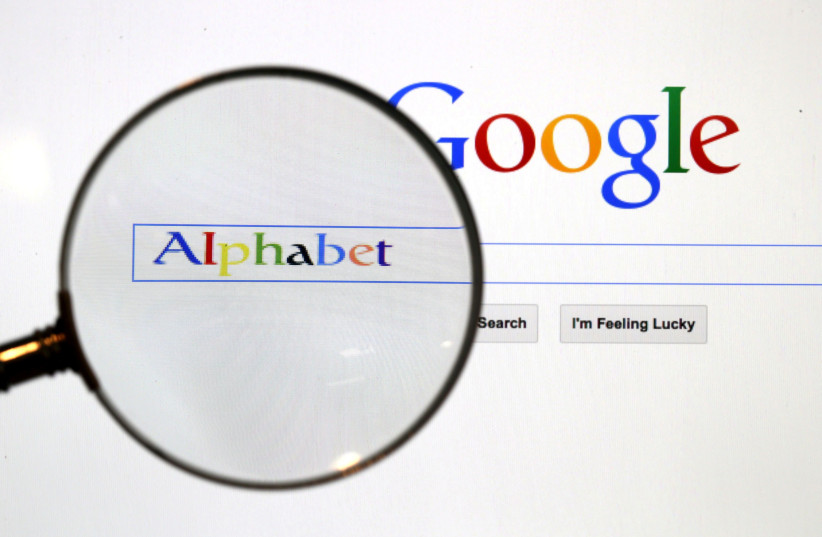Justice Ministry Director-General Eran Davidi pressed Meta (formerly Facebook) and Google in public hearings on Wednesday for the first time on whether they are doing enough to mitigate harmful content.
Davidi listed a variety of examples of harmful content, from incitement to fictitious accounts (where the true operator is different from the fake profile presented), to bots (accounts operated by computers).
Representatives who addressed Davidi and numerous officials from the Foreign Ministry, Communications Ministry and others included Meta Director of Content Policy Kaitlin Sullivan (virtually from North America), Meta Israel representative Jordana Cutler, Google Global Director of Information Policy and Government Affairs Derek Slater, and Google Israel representative Noa Elefant Loffler.
“Technology has developed at a high speed,” said Davidi, while “law is slower to adjust” to cope with new threats and problems that technology has created.
The problem “is not a theoretical or academic problem,” he said. “It is very practical” in causing “harm to kids... every family in Israel is worried.”

The director-general said his committee “does not want to harm free speech or creativity,” but does want to achieve real changes and not just issue dry reports in the future to be ignored.
“We take our task of keeping our community safe really seriously,” said Sullivan, noting that the company has invested $4 billion and has 40,000 employees working on harmful content issues.
Privacy Authority Director Gilad Simama asked what Meta’s policy is regarding information sharing with third parties and the protection of user privacy.
Sullivan said a different official would need to answer such questions, as her expertise focused on content in the broader sense.
Cutler said she would connect Simama with Facebook’s privacy chief soon. It was unclear in planning for the hearings between Israel and Meta why all potentially relevant officials would not have been tuned in.
Cutler gave a positive review of Meta’s interactions with Israeli officials to limit Holocaust denial.
In some past reports, Meta has said that it removes in the high 90% posts that are reported by Israeli cyber officials as facilitating terrorism, crime or pedophilia.
Justice Ministry official Yuval Hoffman asked about early risk assessment ideas that have been proposed in a new bill in the UK.
“We are very supportive of government regulation of online content,” said Sullivan, adding that drawing lines between competing values was tricky and reached better results if Meta “partners with governments and others in the industry to be held accountable.”
Despite Sullivan’s answer, Meta-Facebook opposed government regulation for many years, and it largely shifted positions only after a series of scandals.
Moreover, its shift toward supporting regulation is still a far less interventionist solution than some experts have suggested of breaking portions of Meta’s business into separate businesses, to avoid monopolistic and other problematic behavior.
Slater talked about Google-YouTube’s efforts to combat pornography online, saying that Google realized early on it would need to combat pornography or the platform could have been overwhelmed.
He also discussed efforts to fight bullying, violent extremism and content that could endanger children online, as well as Google’s efforts to remove problematic search results, images of minors and the posting of private information, such as when hackers try to extort others by posting their passport information.
Curiously, no officials asked about famous Meta-Facebook whistleblower Frances Haugen, the Cambridge Analytica controversy or American-Israeli journalist Sheera Frankel’s book-expose An Ugly Truth.
If previous hearings with Meta and Google in the US Congress and in official European contexts have seen yelling and aggressive challenges, this hearing was much tamer, almost in the vein of a “getting to know you” session.
Sullivan and Slater presented lectures for a significant portion of the hearings, and there were many individual questions but few pushy follow-up questions that one might see on Capitol Hill or in a standard Israeli media news conference.
Not raised at the hearing was the current campaign to block Meta-Instagram from lowering the age threshold for new users, despite extensive discussion on issues relating to minors.
